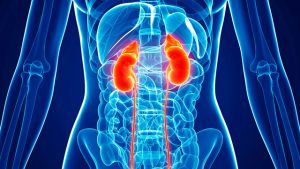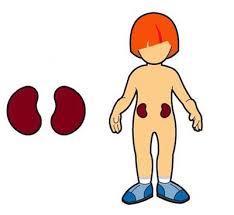“One of the most common causes of kidney failure in people is diabetes,” said a urologist.
Kidney failure occurs when a person is unable to clear the blood of waste products. In this case, waste products and toxins remain in the person’s blood and cause kidney failure.

Other common causes of kidney failure include internal kidney disease, including glomerulonephritis and high blood pressure, which can lead to kidney failure.
Prolonged use of medication, trauma and congenital diseases are other causes of kidney failure.
Regular monitoring of blood sugar and blood pressure, consumption of less fat (if you consume too much fat, the body’s arteries will be damaged sooner), drink plenty of fluids, exercise, see a doctor at least once every 6 months and have tests and ultrasounds to prevent kidney failure. They’re effective.
Also, people who have a congenital disease in themselves or their family can prevent it from progressing to some extent by seeing a doctor before the problems of this disease turn into kidney failure.
Kidney failure has no obvious symptoms in the early stages, but may develop in the advanced stages with symptoms such as anemia, muscle weakness and lethargy, high blood pressure, swelling, water retention in the legs, nausea and vomiting, anorexia, and impaired vitamin absorption.

Kidney failure is now more common in adults because adults are more likely to have chronic diabetes, but it is also relatively rare in children due to congenital diseases.
Drinking plenty of fluids in hot weather can prevent this disease.
To prevent kidney failure, regular precautions and visits to the doctor, testing and ultrasound, especially in people over 40 years of age, once every 6 months, and refraining from taking drugs arbitrarily without a doctor’s prescription should be considered. One of the causes of kidney failure is medication, which in the long run causes kidney dysfunction.
